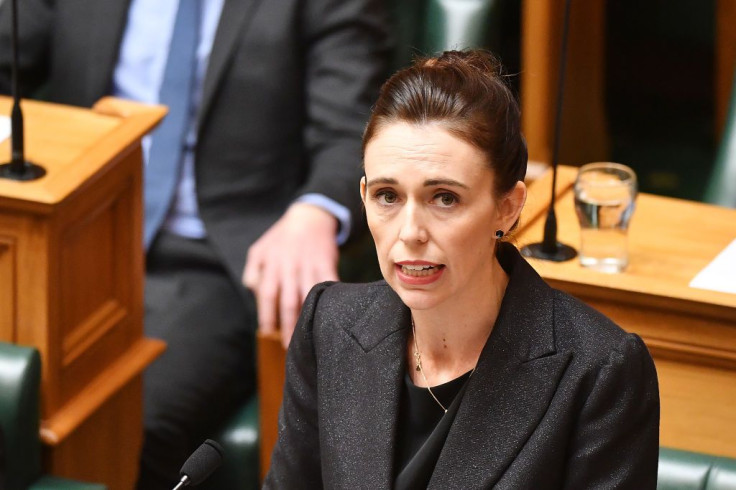New Zealand Prime Minister Wants To Deny Mosque Shooter Notoriety

The New Zealand mosque shootings have prompted Prime Minister Jacinda Ardern to prevent a public platform for the alleged shooter, who had espoused white supremacist views. Ardern told reporters Tuesday that she would not state the shooter's name, denying him the notoriety he may have sought.
"He obviously had a range of reasons for committing this atrocious terrorist attack. Lifting his profile was one of them. And that's something that we can absolutely deny him," Prime Minister Jacinda Ardern told reporters.
The alleged shooter, whose name had been released within hours of Friday's attack, had written a 74-page manifesto expounding on white supremacist beliefs that are largely viewed as the primary motive behind the shooting. He has also opted to represent himself at his trial.
"I implore you: Speak the names of those who were lost, rather than the name of the man who took them," Ardern told the press.
Expert opinions have backed Ardern's stance. Western New Mexico University researchers Jennifer B. Johnston and Andrew Joy shared their data in 2016 at the American Psychological Association’s annual convention, referencing how "media contagion" has contributed to mass shootings and that social media gives more attention to the shooter than the victims.
"A lot of these shooters want to be treated like celebrities. They want to be famous. So the key is to not give them that treatment," Adam Lankford, a criminologist at the University of Alabama, told the Associated Press.
The shooter seemed to confirm such opinions, as he livestreamed the incidents and referenced PewDiePie, a controversial YouTube star.
The video, which had 1.5 million versions in the first 24 hours, has generated a broad debate about social media's role in curbing extremist content.
"A platform like Facebook goes to potential advertisers and says, 'We know everything about the users of Facebook, we can tell you everything so that you can geo-target and you can market to them,'" Australian politician Bill Shorten wrote in an op-ed for Melbourne newspaper the Herald-Sun.
"If that's your business model, fair enough; but you can't go missing when it comes to hate speech."
© Copyright IBTimes 2025. All rights reserved.





















